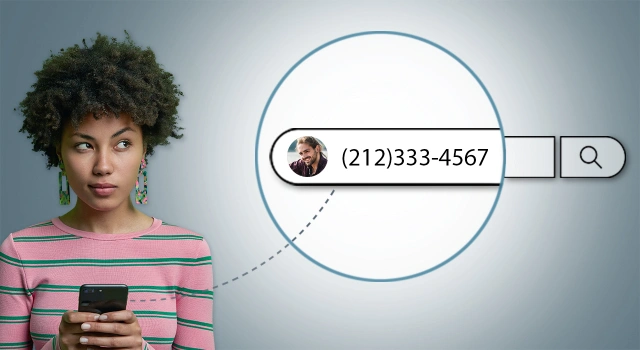How to Catch a Cheater Without Their Phone

Suspecting your partner of cheating can be heartbreaking, and it’s even more frustrating if you can’t access their phone or if they have a habit that deletes everything. This article is for those determined to investigate without needing access to their partner’s phone, helping you uncover the truth in a way that feels right for you.
![]() A Kind Reminder:
A Kind Reminder:
Before diving in, we hope you consider whether this relationship is truly worth the effort and potential emotional toll. Some of the methods we’ll discuss may require time or money. If you’re married, consulting an attorney early on may be wise to understand your legal options. Additionally, for your health, considering an STD/STI test could be a careful step. Remember, your happiness and well-being should be your top priorities.
Once you’re ready, explore the following methods and choose the one that suits your situation.
TL;DR
Additional tips:
💬 Have you or a loved one had an experience catching a cheater? We’d love to hear your story in the comments.
Ethical and legal considerations
While the services and websites mentioned are legal and reliable, some methods can be easily misused, potentially leading to serious consequences. It’s important to not only consider the ethical implications but also to ensure that you are following all relevant laws.
- Always make sure you comply with applicable regulations before using any of these methods. They are intended strictly for legal purposes and should never be used to invade someone’s privacy or engage in illegal activities.
- We strongly recommend obtaining explicit consent from the individuals involved to respect their privacy and rights.
- This article is intended to guide users in conducting legal information searches. Any unauthorized use may violate privacy laws, and users are responsible for the consequences of such actions.
Method 1: Find their unknown accounts
Cheaters often have multiple accounts on social media or dating platforms that you may not be aware of. There are 3 tools to help you find out whether this person has accounts that you never know:
TruthFinder
TruthFinder is a background check tool that allows users to search with name, phone number, or address and generate a detailed report that gives you possible social media profile links that may have accounts you don’t know. Their reports can provide possible usernames and links to each associated social media profile. It supports platforms like Tinder, Plenty of Fish (POF), Bumble, Snapchat, EliteMate, and more. Moreover, you can find known aliases, possible associated contacts and relatives, possible criminal and traffic records, and more in the report if data is available.
1. Go to TruthFinder’s official website and enter the name and state.
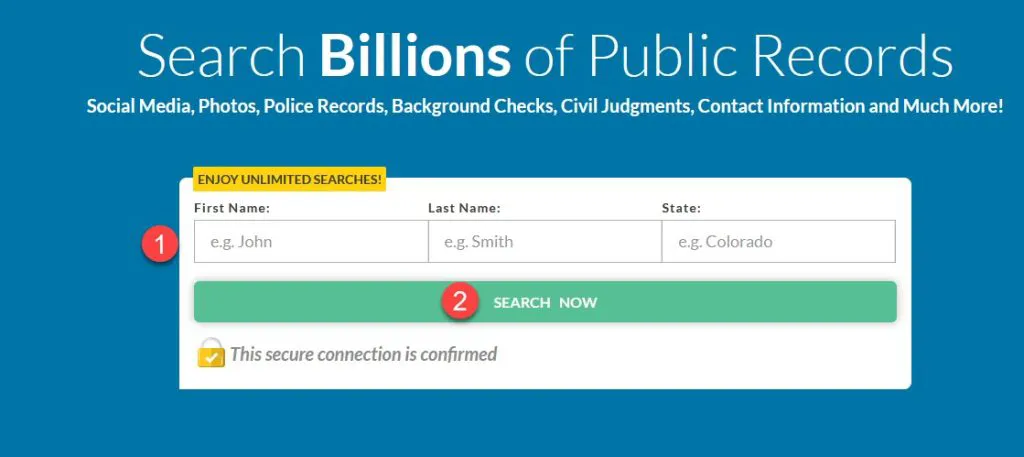
2. TruthFinder will generate a detailed report about the person. You will need to purchase a membership plan to view the report.
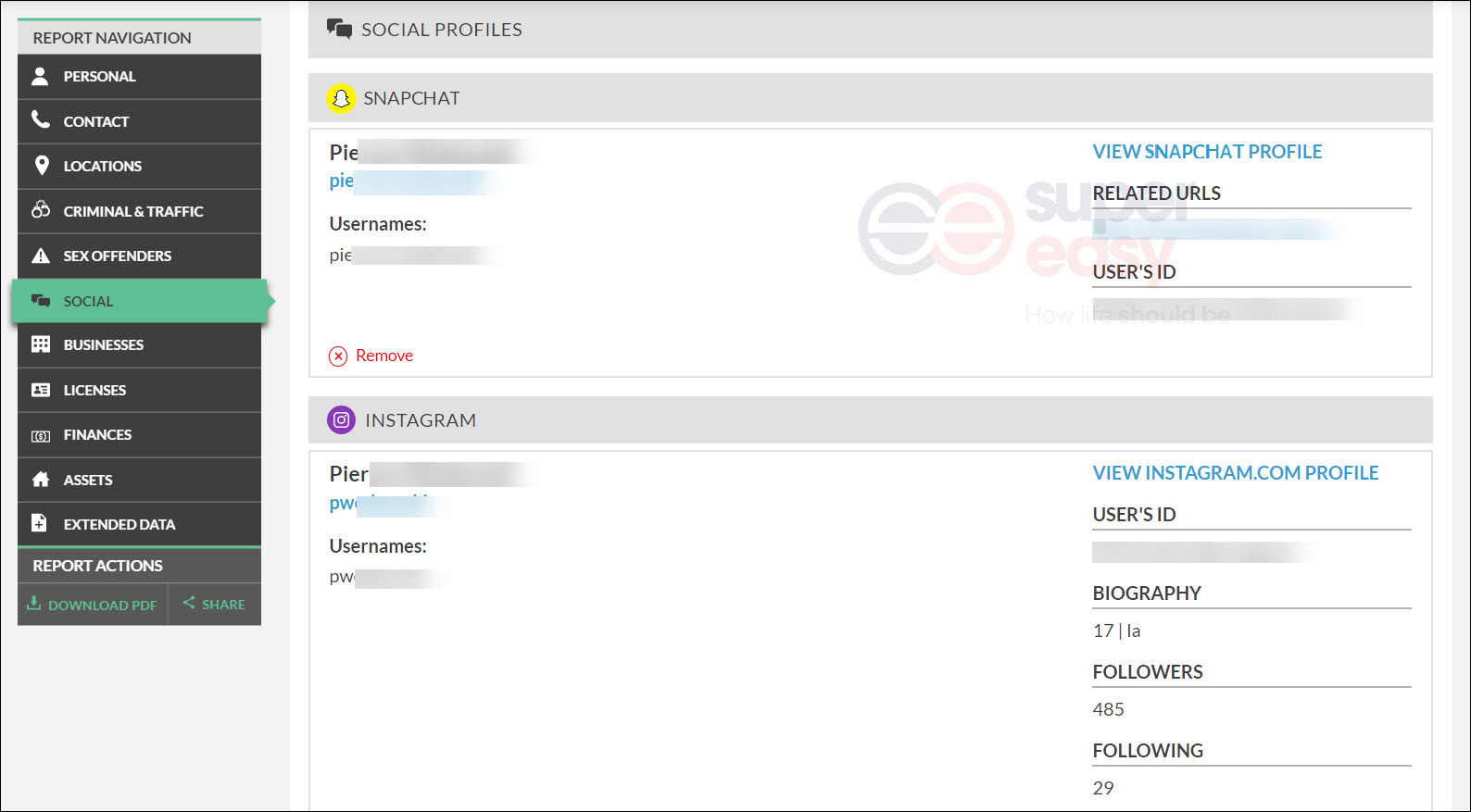
This service not only helps you find their accounts but also provides deeper insights into the person. During the subscription period, you have unlimited access to search, allowing you to learn more about the person your spouse may be involved with.
Usersearch.org
If your partner uses the same or similar usernames across multiple platforms, try searching for these usernames or variations on Usersearch.org, which checks over 600 social networks and dating sites in a single search. You’ll get the list with links to view profiles if they find matches. This can lead you to profiles they may have created without your knowledge.
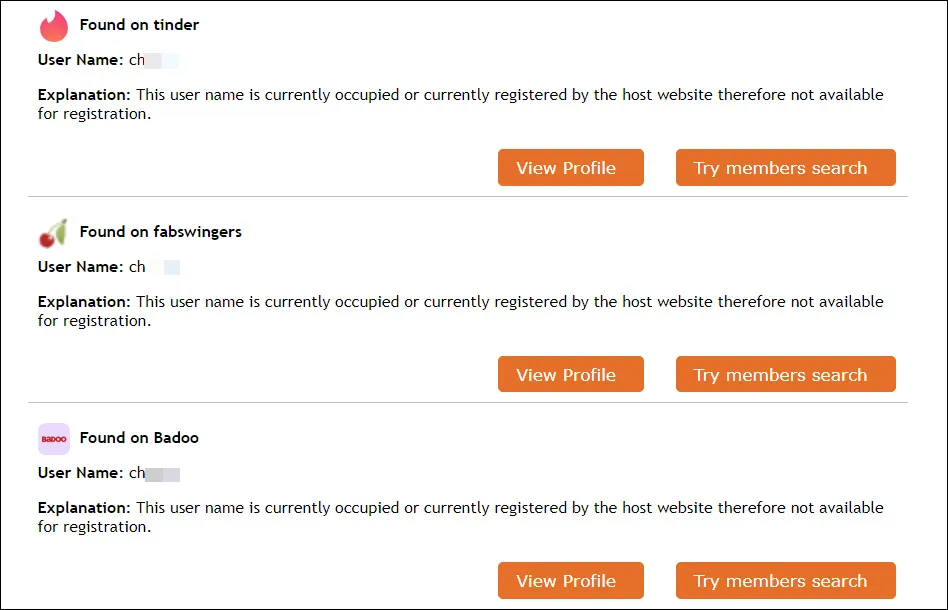
Some TikTok users shared their experience with username search and suggested starting the search with your partner’s Snapchat username. They say many people tend to use the same Snapchat username on other accounts, especially on Instagram. To broaden your search, you can try searching with possible aliases and possible usernames which you can find on TruthFinder’s report.
Of course, sly cheaters would make up a totally different username for dating accounts, so don’t worry if you find nothing during username searches, you can use the reverse image search engine for clues.
Facecheck.ID
If you don’t have any luck with Google reverse image search, try Facecheck.ID, a facial recognition search engine that can search people’s facial images online in seconds. When someone posts photos on social media, this tool can help you find where else those photos appear. It can also locate other images featuring similar faces, making it a great way to uncover your partner’s secret accounts. Facecheck.ID can help you discover if they’re using the same images on dating profiles or other hidden accounts. What’s more, you might find photos posted by others that feature your partner’s face, revealing connections between people that could surprise you.
Here’s a trick: Facecheck.ID offers free searches but charges for revealing the image’s source. To bypass this, you can take a screenshot of the result and try Google reverse image search again to locate the source for free.
If you don’t find any hidden accounts, don’t be discouraged—it could be a good sign. Now you can focus on the social media accounts you know, clues may be hidden in their daily posts.
Method 2: Investigate their social media activity
Cheating often begins on social media, and many platforms can make it easier for cheaters to connect discreetly. By closely observing your partner’s social media habits, you may uncover signs of infidelity or even identify the person they’re involved with. But what exactly should you be looking for? Here are some tips for Facebook, Instagram and Snapchat:
- Observe their comments under posts and stories
Look for interactions between your partner and others, especially unfamiliar names or avatars. If you sniff something unusual in the comments and find unfamiliar names or odd behavior in your partner’s Instagram or Snapchat stories, check the account’s posts and stories to see if your partner interacts with them. This can provide more clues. - Check their friends list and followers
Look for new accounts in their friend list,especially if your partner and these accounts are following each other but not a friend you know in real life. On Facebook, check if they’ve added a lot of new friends recently, which could be a sign they’re using Facebook dating. (Snapchat friend lists don’t open to other users.)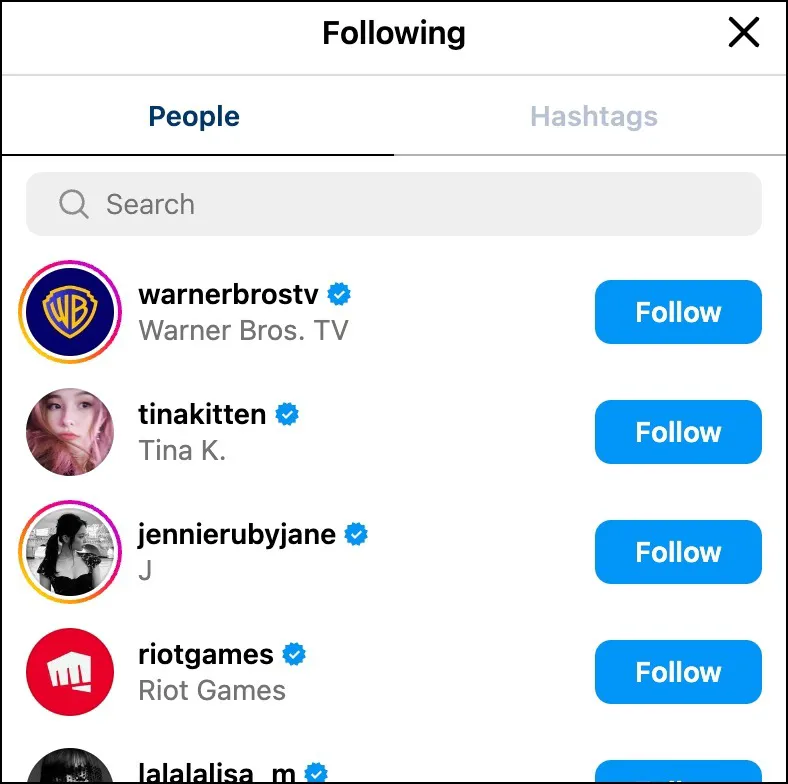
- Search their tagged photos
Instagram and Facebook let users tag others in pictures, and this can give you some insight into what your partner might be up to. By searching photos with their name, you might uncover images that show your partner with someone else in situations that seem a little too close for comfort. These tags can be key clues in uncovering if they’re cheating, or even who they might be involved with. One Instagram user, for example, found out her boyfriend had been tagged in a picture with another girl, which led her to dig deeper.
For FB users, don’t forget to check search options, make sure you’re searching for photos posted by Anyone, All photos, Anytime, Anywhere.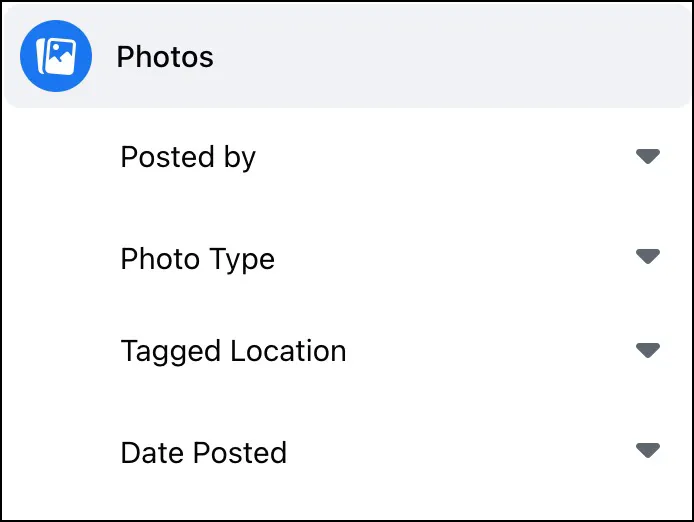
- Your partner’s Friend emoji changed (Snapchat only)
Check Snapchat’s Friend Emoji Guide. If the Friend Emoji shows you’re no longer each other’s #1 Best Friend, based on who they chat with the most, it may indicate someone else has taken your place. - Check your partner’s Snapchat score (Snapchat only)
You can view your partner’s Snapchat score to see if it increases rapidly. An increasing score indicates they’re actively chatting on Snapchat. If you’re not the person they’re chatting with the most, it could be a sign of cheating. View their profile and the Snap score is under their Bitmoji. - They stop sharing Snap Map with you (Snapchat only)
Tap the location icon on Snapchat and search for your partner. If you fail to find their location, it means they either opened Ghost mode to hide themselves from others or they kicked you out of the location-sharing list. You can ask them for reasons.
Due to Snapchat’s functionality, you can’t see the actual messages. It’s better to come out and ask to see the app. If you have permission to access their accounts, you can go to Settings and download data from Snapchat. Saved Chat history, friends, and snap history are available in there, you may know who they are chatting with.
Not recommended: During research, we found some users are looking for others to run a loyalty test on their significant other. We don’t recommend this test because you’re trying to set things up. And human nature cannot stand the test.
Cheating signs to notice on social media platforms
- They receive too many notifications, especially if your partner becomes secretive about them.
- They use new memes that you didn’t see before. And their tone and habits of online chatting have changed.
- They stop posting photos about you and the relationship about you on social media. They may be looking for other options.
- Check the old post and photos with the two of you. If they have been removed, or your tag has been removed, that’s a red sign. Your partner may not want to maintain this relationship.
- They frequently clear apps’ information, constantly deleting app data then your spouse may be hiding something on that app.
Method 3: Check shared accounts
When we say shared accounts, we’re not only talking about joint bank accounts, nowadays, we can share Google Drive, Google Photos, iCloud, the same phone plan, etc.
For digital shared accounts:
Shared digital accounts like iCloud and Google Photos can offer clues if your partner has forgotten the files they backed up. iCloud can automatically backup files, such as photos, videos, and documents which means in some cases, even if you or your partner deleted the photos and files on their devices, iCloud may still have the record.
Look for photos and videos taken from suspicious times and places. What’s more, Apple Notes might reveal hidden secrets that are often overlooked.
Comment
byu/bradkatefield from discussion
inCallHerDaddy
For joint bank account:
If you two have a joint bank account, you can access the account and check the transactions and bills. Review transaction records for unexplained charges–motel stays, unknown restaurant bills, or a Tinder premium payment. Sometimes large cash withdrawals can be a red flag because some guys would love to pay cash to avoid leaving a paper trail, so watch out.
These days people are getting used to checking bills and statements online, but don’t forget to check physical mail. If you’re not good at playing with apps, you’d better go back home and search for the bank bills sent to your home.
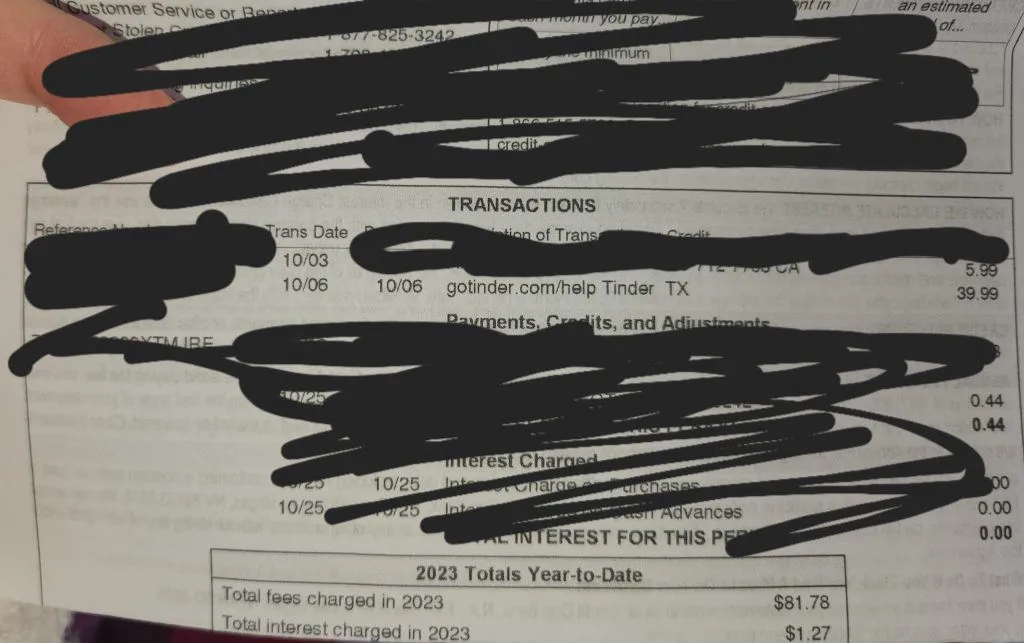
For phone plan:
If you two are on the same phone plan, like Verizon had, you can log in to the account online and download detailed phone bills that may have every call listed. (Different carriers may vary, ask customer support for help when needed). This will show all the numbers that have been calling and texting, and then you can Excel and look for frequent contacts, especially those made during odd hours. The whole process may be quicker than you imagine. Tools like TruthFinder can help identify unknown numbers.
Method 4: Check the information your partner left on your devices
If your partner has used your devices, here are a few things you can check for clues. While we didn’t find any specific laws against this, it’s always a good idea to let them know and ask for permission before looking.
Check Google account activity
If your partner logs into their Google account on your device, you can review their account activity, which includes search history, YouTube history, and other information. Also, check Google Password Manager if available, you may find dating sites or other suspicious sites where they had registered.
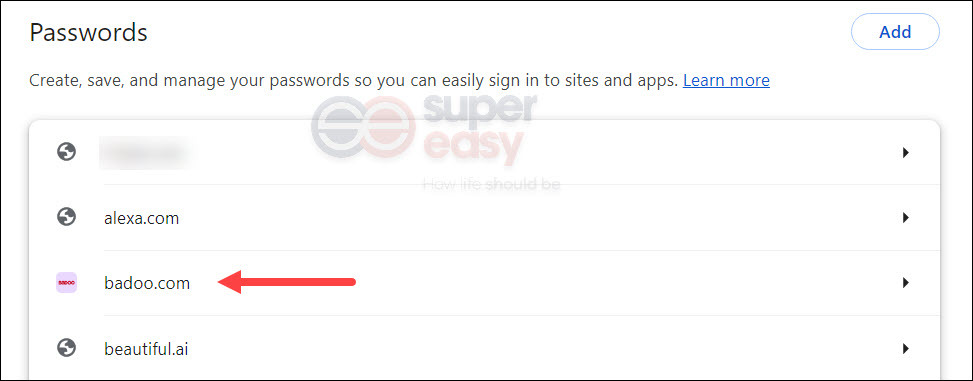
Check social media logins
Check Facebook, Instagram, or Snapchat apps on your device and see if they’ve logged in with their account. You can also open browsers and go to these apps’s web pages to see if they’ve used the web version.
If they’re logged in, consider downloading their account data first. Except for conversations and DMs, you can check their activity on the social media platform. Facebook has an Activity log, and Instagram provides Your activity feature to see who they’re interacting with. Also, don’t forget to check hidden stories. Some platforms allow users to hide stories from specific people so Privacy settings are another place to see if you’ve been hidden from their posts.
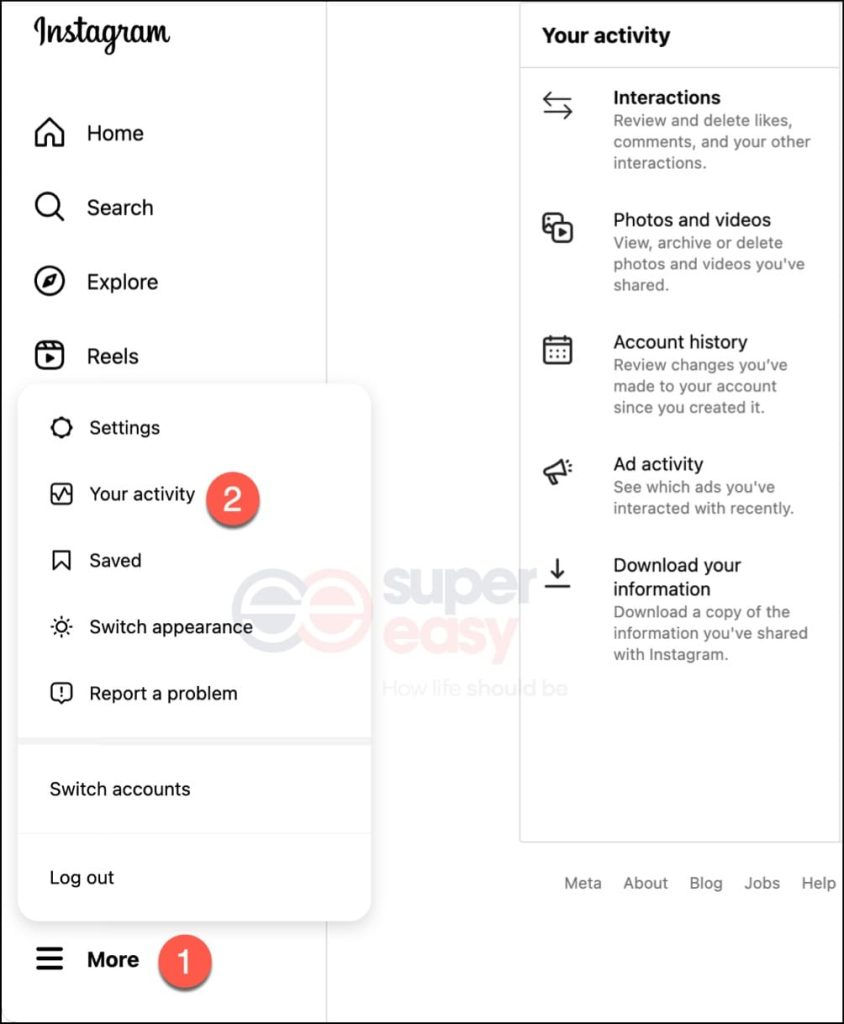
Review browsing history
Now if there’s no luck from the above places, check the browsing history on your device, it may reveal any clues. If your partner has deleted all the search history, it may reflect they’re hiding something from you. If they used Chrome to search while your account was logged in, you may follow this method to try restoring deleted browsing history.
Method 5: Check your car

If your partner uses your car, spend some time inspecting it for clues—stray hairs, lipstick, or unfamiliar objects. Check the dashcam, which may have recorded not only the road but also interior conversations or unusual destinations. Some dashcams even map out routes, providing more context.
If your car has built-in GPS, check where it’s been driven. Some modern vehicles like Tesla come with built-in GPS and allow users to see the locations it’s been driven to via an app. If not, you can consider a GPS tracker or using an Apple AirTag to follow its movements. Some users suggest leaving an old iPhone in the car instead, by enabling Find My iPhone feature, you can get the car location through your phone.
Method 6: Check home surveillance

Installing home security cameras is a way to protect yourself and your property by capturing footage of your home and property. If your partner is spending time at home in a way that raises suspicion, home surveillance can help you gather more information.
If you already have home security cameras, you can review the footage and look for any unusual visitors or activities times you aren’t home. Some doorbell cameras can also capture conversations when people come to your door.
If you don’t have a home security camera, consider installing a nanny cam in shared spaces, like the living room, where is legal to install cameras at home. Motion-activated cameras is another good options that can record when they detect movement, helping you monitor activities without reviewing hours of footage. Some models even send alerts to your phone, allowing you to see what’s happening in real-time.
Be aware of your local laws: The legality of hidden cameras varies by state. It’s generally legal to place cameras in public spaces of your own home, but they’re not allowed in private spaces like bedrooms or bathrooms. Ensure you don’t violate your local laws and be mindful of your partner’s rights before installing any device.
Final solution: Hire a private investigator
If none of the above methods can help you find evidence of infidelity, and you are willing to pay a high fee for evidence of cheating, then you may consider hiring a private investigator. Some netizens said hiring a PI can cost them thousands of dollars. Therefore, we recommend you consult a lawyer, clearly define the purpose of obtaining evidence, and then look for channels to hire a PI. Maybe a lawyer can help or the investigation fee is included in the legal process.
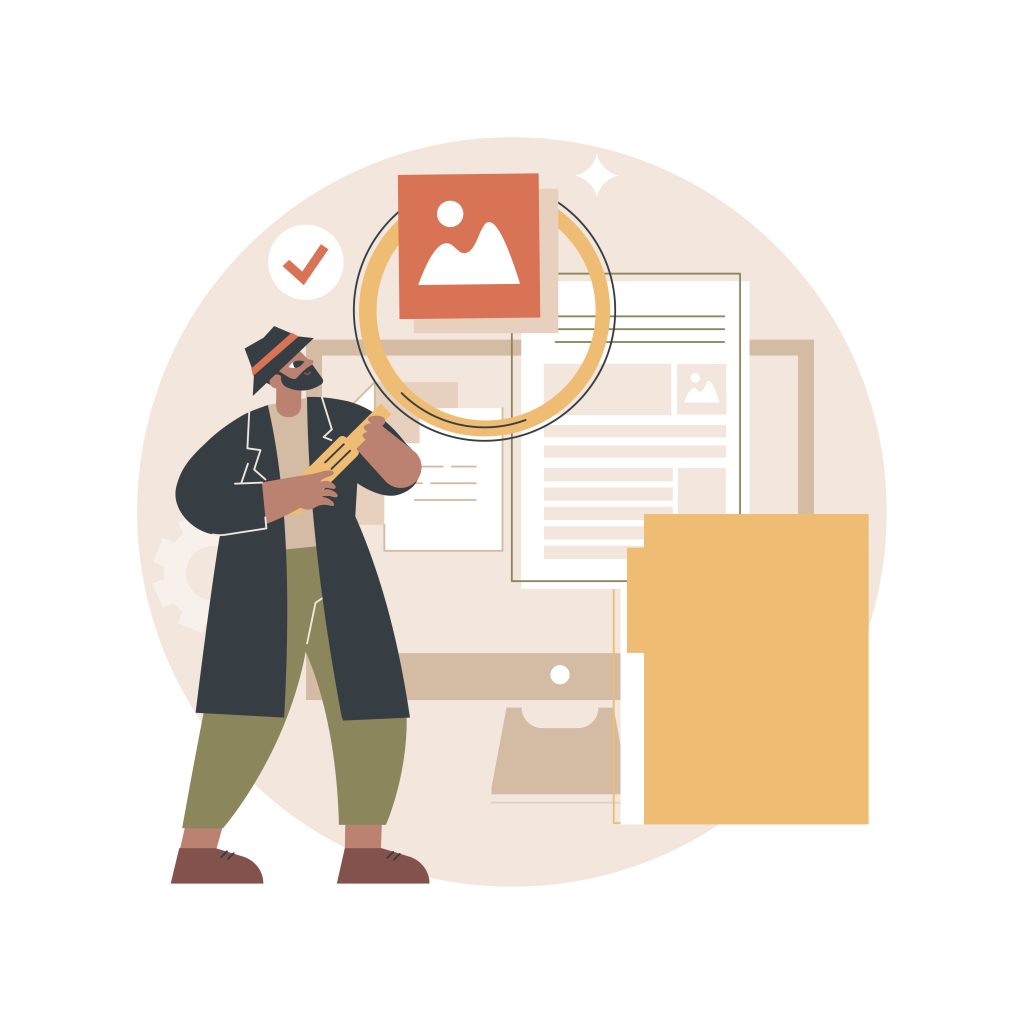
Psychological tricks to find out where they hide secrets
If you suspect your partner may be hiding something, a few psychological observations can help. These methods aren’t foolproof but may offer insights into their honesty.
- Ask to exchange phone passwords
Casually suggest exchanging phone passwords to ‘strengthen trust’ between you. Watch their reaction carefully—if they hesitate, become nervous, or avoid the conversation, it may indicate they are hiding things on their phones . - Request location sharing
Suggest turning on location sharing as a way to “make life easier,” especially if you’re meeting up often or coordinating plans. You can frame it as a practical request: “We’re always meeting up after work—wouldn’t it be easier if we shared locations so we don’t have to keep texting?” If they resist, make excuses, or hesitate, it could signal that they don’t want you to know where they’ve been. - Bring up social media activity
Pay attention to their response when you casually mention their social media. Ask something like, “You’ve been on Instagram a lot lately—what have you been up to?” If they seem overly protective of their accounts or quickly change the topic, it could raise suspicion. - Propose Syncing iCloud or Google Accounts
Mention the idea of syncing iCloud or Google accounts for convenience, like sharing photos or managing joint calendars. You could say, “It might be easier if we sync our accounts—then we can share photos and updates effortlessly.” If they’re unwilling or act uncomfortable, it might suggest they’re hiding something in their accounts. Again, watch for subtle clues in their reaction, such as stalling, avoiding the conversation, or looking anxious. - Watch their reactions to hypothetical situations
You can use hypothetical questions to see how they react. For instance, you could ask, “If a friend of yours was cheating on their partner, do you think they should tell them?” Their response might reveal more about their own beliefs or behaviors. If they try to dismiss the topic or avoid giving a clear answer, it may indicate discomfort in discussing infidelity.
These suggestions aren’t meant to trap or manipulate but to observe your partner’s reactions in situations that require transparency. Open communication remains key, so trust your instincts and use these methods thoughtfully.
Take care of yourself
It’s okay to feel sad, angry, confused, or even numb when facing the possibility of infidelity. It could be painful to accept the reality that someone very close to you hurt you. Be patient with yourself, you’re allowed to process these emotions at your own pace. So don’t push your emotions away, healing has no set timeline, trust yourself that you’ll find a way through this. During this hard time, take care of yourself, focus on what makes you happy, and don’t hesitate to reach out for support—whether it’s from friends, family, or an anonymous community. You’re not alone in this. Remember, infidelity is never your fault and you deserve better.

All product names, logos, brands, trademarks and registered trademarks are property of their respective owners.
 View all of Iris Zheng's posts.
View all of Iris Zheng's posts.
